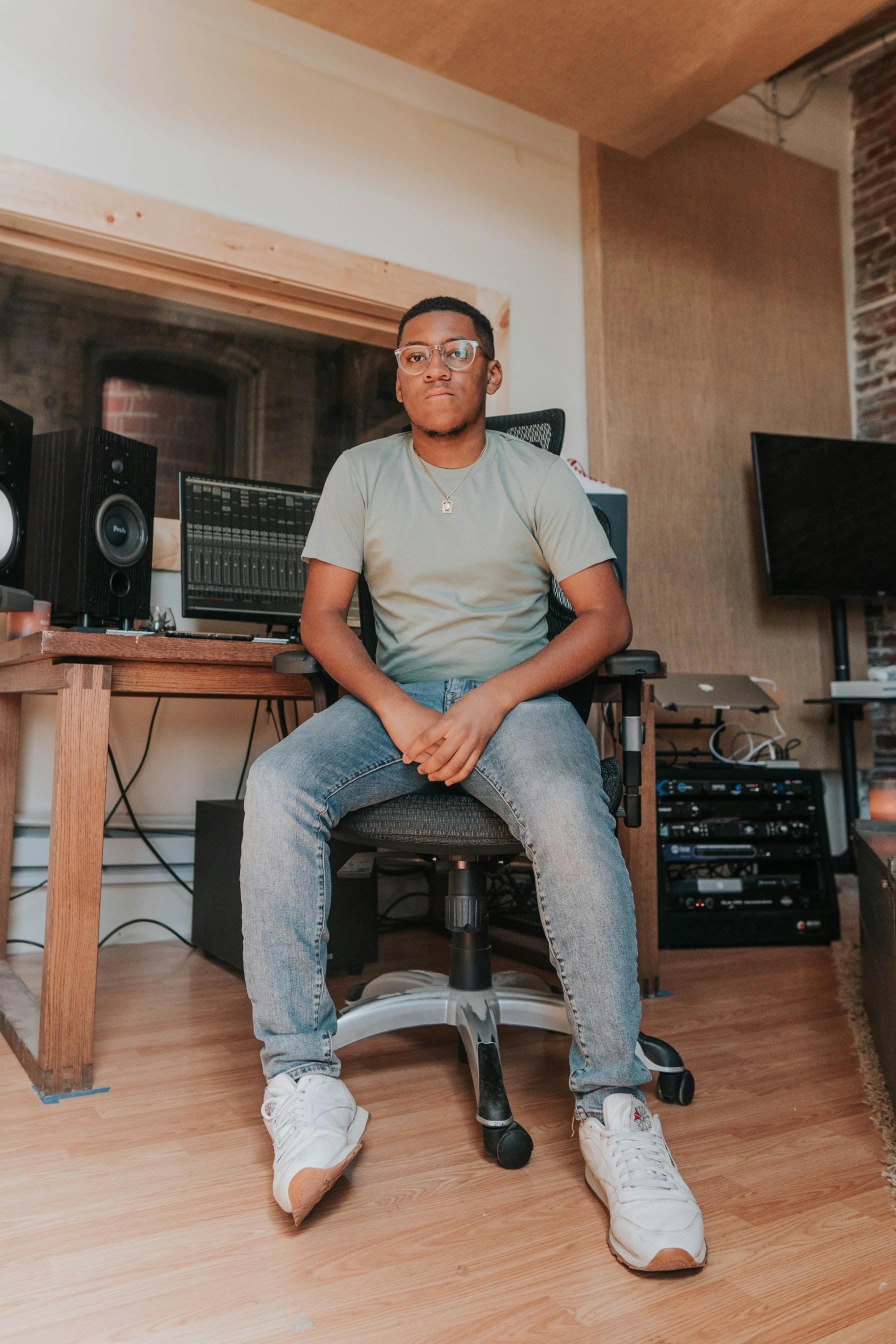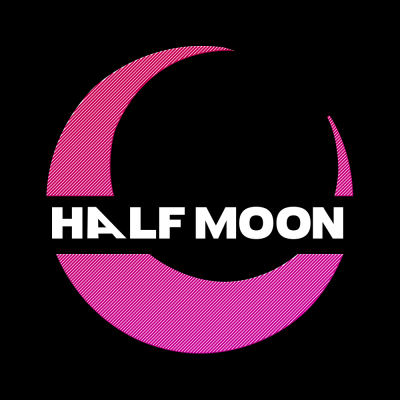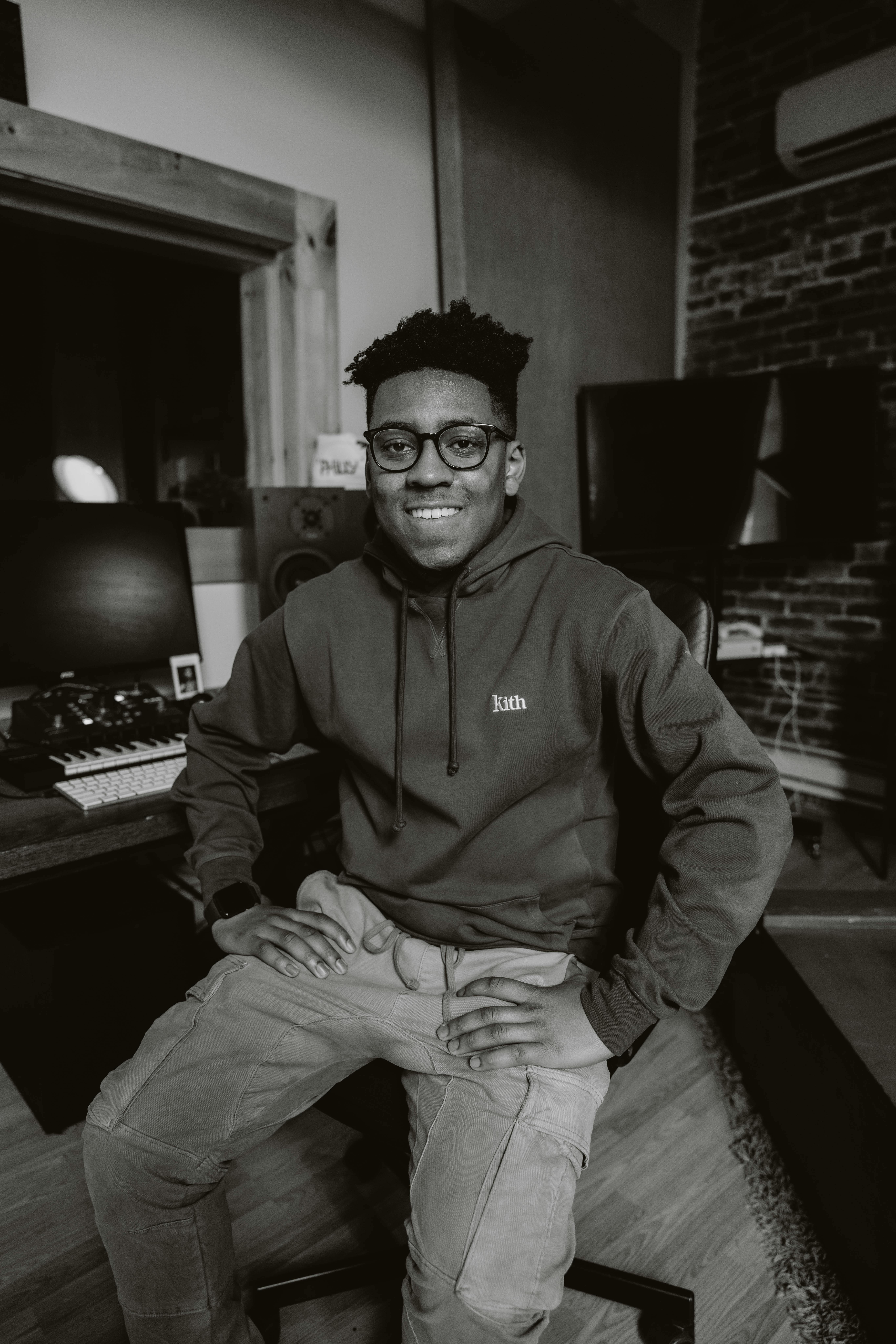
Interview ‣ Benjamin F. Thomas
Taking a Breather with the Multifaceted and Grammy Nominated: Benjamin F. Thomas
"... if you want to pursue a career in the arts in any sort of way, you are automatically putting yourself in the .001% of people who are trying to do this." - Ben F. Thomas

Madison
Writer
Updated
Shedding the light on and giving the mic to Benjamin Fitzgerald Thomas, a Grammy nominated audio engineer, producer, and music/ podcast studio owner. With over 1 billion streams, he has worked with a wide range of musicians like Jazmine Sullivan, Meek Mill, Brian McKnight, and Lil Uzi Vert. To truly understand Ben, we have to start at the very beginning… the day he was born. Ben, born in New York City, on January 13, 1996, but raised in Northwest Philadelphia. As a teen, he knew the use of both his mother’s basement and his math teacher’s classroom, as a music studio, would not be forever. In fact, years later, he would own After5 Studios, located in the Kensington area of Philly. He started getting into music around 2010, his freshman year of high school, with his friend, Kenny. The tools they had were a microphone from the game “Rock Band” and Garage Band. He then began playing bass, his favorite, along with guitar and drums. Around this time, he also joined a 2000s alternative cover band. His drive for knowledge within the world of music led him to go to Grammy Camp the Summer of 2013.
Although he was accepted into New York University for music, he decided to go to Temple University, located in the heart of North Philadelphia. At the ripe age of 19 years old, he became an intern at a music studio, Studio Breed, which neighbors MilkBoy the Studio. This was the boost of his musical career. While interning at Breed he was also working as a financial adviser in Center City Philadelphia. Five months into his internship he was offered to work with Ty Dolla $ign. The session went so well he was then hired as an engineer for Studio Breed. From then onwards it was up for his career. What is most admirable about Ben’s work ethic is that through his lows, he could have given up on his dreams and aspirations, but he didn’t. His story is the definition of dedication. Life is truly about the decisions you make and the consequences that come with those, and as an artist you may be faced with this question: how much are you willing to risk for your dreams? Benjamin has a life journey that is filled with successful highs, but he doesn’t shy away from acknowledging the lows that brought him to where his blossoming career is today, read our conversation below.
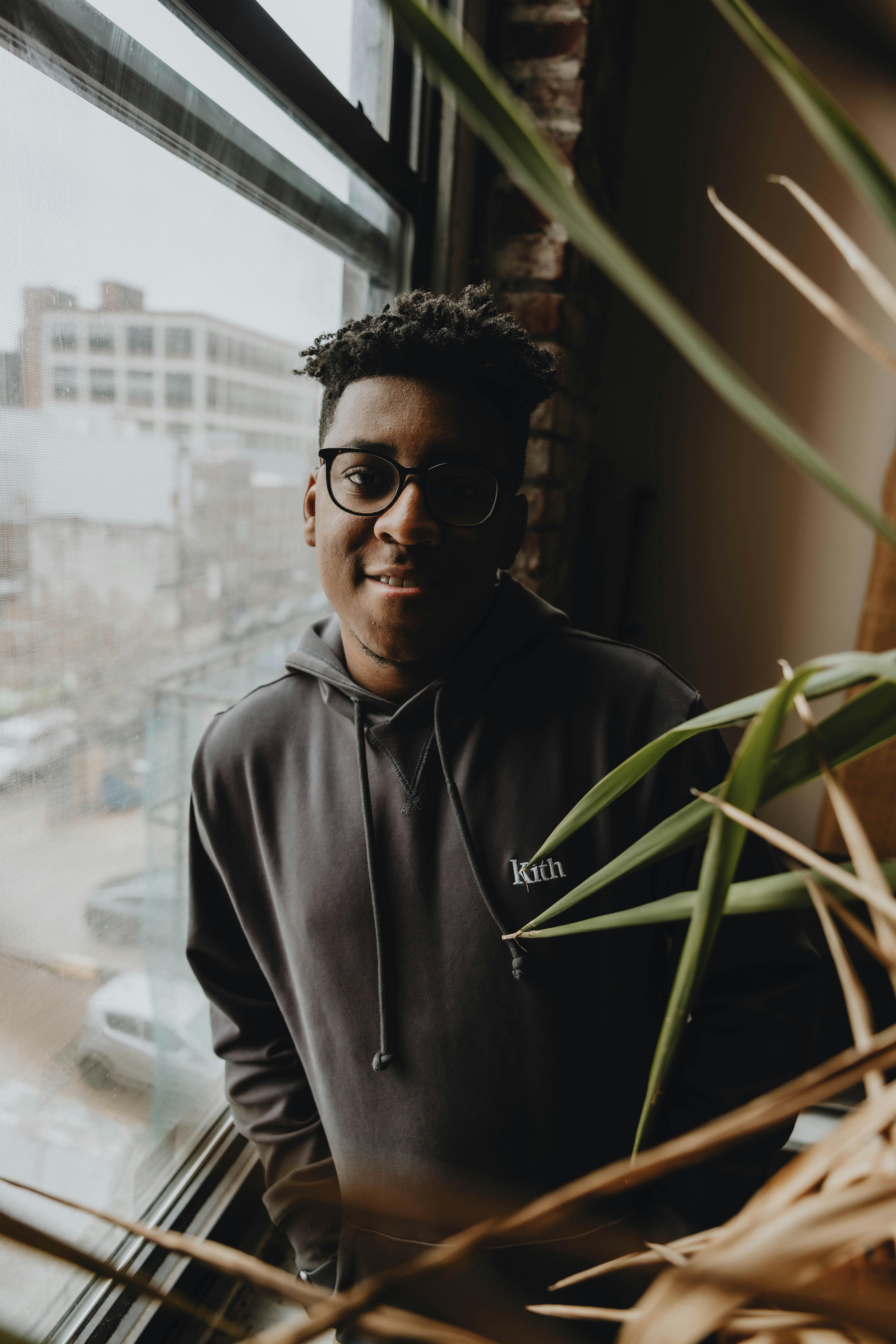
So, what brought you back to Philly last month?
Half Moon
Um, so I came back to Philly this month because I had some free time, I wanted to friends, my mom, and most importantly, I wanted to check in on my studio and kinda of revamp the place, renovate it and check in with the team that works there… those type of things.
Ben F. Thomas
Can you specify the projects you did and the events you attended during your “free time” in Philly?
Mostly when I was home, I spent a lot of time kind of resting and relaxing. I did some production stuff. I’ve been working on coproducing an album for an artist in Philly, named Andrea Valle. I’ve also spent a bunch of time doing mentorship stuff, I spoke to some college students at Temple, and I spoke to some high schoolers at a bunch of different high schools across Philly as well and I also spoke at a mentorship program in Camden. All of those things were super valuable. I enjoyed all of them, because I always enjoy a chance when I can share my story and when I can help inspire others and give them both the highs and lows of my journey, so they can better put themselves into a story like mine and see how they can make that happen. Because I think it’s kind of disingenuous when people just talk about the high points, you kind of have to talk about the low points as well.
You are Temple Alumni, and I will be this May, how was your experience speaking to college students who are in the spot you were once in as a student?
Every semester since I graduated, I’ve been blessed to speak at Professor Timothy Welbeck’s “Hip-Hop and Black Culture” class. It’s a really impactful class because I think it was one of the better ones that Temple has to offer. It’s really impactful for me because I get to speak to a class that I was in. I like to show my story and depending on the students in the class if there are some that are interested in music, I’ll make beats and one of them sing or rap and we were able to do that this semester which was something we haven’t been able to do in a couple of years because of COVID.
What was your major at Temple?
My major when I went to Temple was Entrepreneurship and Innovation Management. It was in the Fox School of Business. Which surprised a lot of people, because they expected me to do something with music, but business was something I’ve always been interested in.
How do you incorporate your degree with the Fox School of Business with your current music career?
For the past year and half, I’ve been running my own recording studio in Philly named After5 Studios. I definitely think that some of the things that I learned in my entrepreneurship studies helped now that I am running my own business. We have an amazing team, um, a couple of different engineers and producers. We just hired a team of interns. We are producing and developing a podcast right now. I think my degree and having learned some stuff in business school, specifically stuff around like finance and accounting and marketing has definitely helped with my studio.
There’s a negative stigma about going to college for majors like art and music, from your own experiences, would you recommend studying a “safe” major like Business and focus on music on the side or diving straight into studying a major within the realm of music?
I think it depends on the type of learner you are. Anytime somebody asks me “should I study music in college”, I ask them, “what type of learner are you”? For me, I was always very self-motivated, so I could teach myself the stuff. I taught myself the software, I taught myself how to record people, I taught myself how to make beats. This doesn’t mean that I didn’t have amazing mentors along the way to help me. But the basics, I taught myself, that’s because that’s the type of learner I was. If you’re not that type of learner, if you work better in a classroom setting and if you work better being instructed, then I think that you need to go to school. Now, I think you should try your hardest to not get into a bunch of debt to do it, especially because this is the type of career where you’re still going to have to start from the bottom at any studio, you’re going to have to start interning there and work your way up. School is not a shortcut to getting a job in the studio or getting a job as a producer.
Do you believe in “YouTube University”?
1,000%. I learned a bunch off of “YouTube University”. The crazy thing is when I started 12 years ago, it wasn’t what it is now. Maybe it was 10 or 15, maybe 20 videos talking about engineering or production, how to use this software, how to use that software, but now there’s thousands. There’s’ tons of great content creators making new videos every day. I definitely think you can learn everything you need to know about the basics on YouTube. I think being in the studio with people is what will set you to the next level, because watching somebody do something and doing it yourself are two completely different things, but I do think on YouTube you can get the core fundamentals and foundation down.
Staying on the topic of school, I peeped you donated at a high school during your stay in Philly, can you give us details on that achievement?
I went to a high school in Philly called Germantown Friends, and even though it’s more of an affluent high school, a lot of the money is allocated to specific things. I felt now, at this point in my career, I felt called to want to donate, specifically to help support the black and students of color there, because I was able to go there for free because other people donated to different things to help support the students there. It was something that was really close to my heart. So, I kind of led the charge with some donations for the students of color and we ended up raising about $70,000, through other donors. It’s something I’m really proud of.
These were definitely some of the high points in your journey you were talking about earlier, what are some lows you’d like to share?
Sure, throughout my career I’ve made decisions and they weren’t some of the best decisions. I think the outcomes of the decisions were great, but I think the way I went about them wasn’t great. I think from the beginning I kind of jumped into work too much. I should not have jumped in headfirst, especially when I was younger because it caused me to miss a lot of the experiences I should have been having. I didn’t make a ton of friends when I was in school and whatnot and a lot of that comes from just being too focused on work. I think later I was presented with some opportunities, and I ended up saying, yes, to them and I wanted to leave, and I didn’t go about leaving the right way. I think at the time it had a lot to do with my ego and me thinking that I knew everything and that I didn’t need to listen to anybody and that nobody ever had any experiences like I did, and I can just do it my way. But, looking back, I know that wasn’t the right thing and I know there have been people there trying to guide me and I should’ve listened more, but I’m incredibly blessed for every individual experience I’ve had, because I think those experiences help shape the career that I have now and without them I don’t think I would’ve been able to be here.
So, you’re an audio engineer, producer, and studio owner, can you rank them, from the first one being the job you enjoy the most and the last being the job you enjoy the least?
Owning my studio would be first because that’s something that’s mine, that I built, and I did a good amount of the construction myself. Every time I get to send friends of mine money, it’s a great feeling. Especially since I don’t live in Philly anymore, the fact that I have a musical home there and that it’s able to generate income for friends of mine is amazing. Second would be production, it’s something that I’m leaning more into, in terms of making beats and practicing my own sounds and collaborating with artists in a different light. Then engineering is what I do, that’s what I’m kind of known for, that’s how I make most of my money. It’s something that I am looking to do less of and looking to focus on more of the other two. But I still love it.
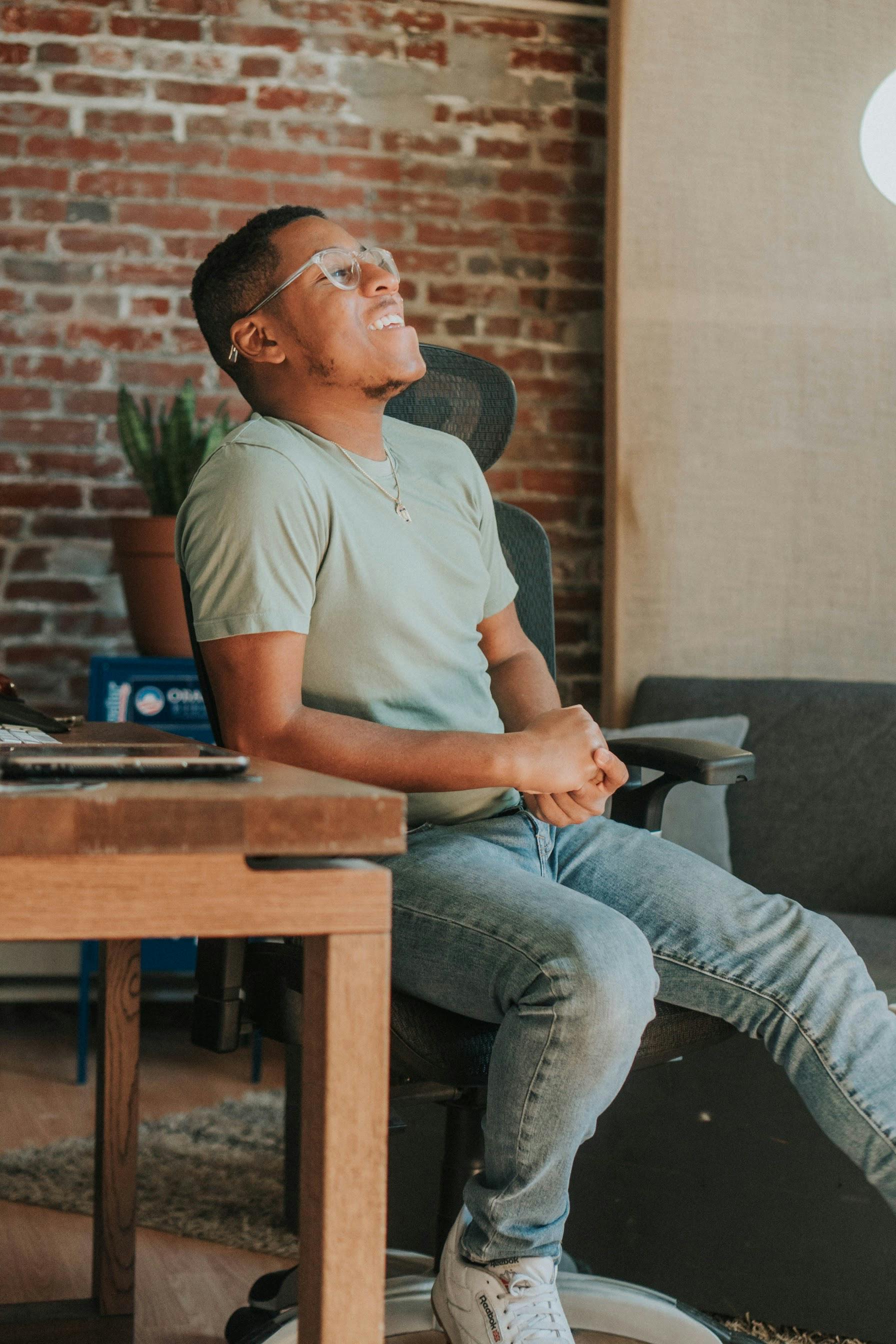
Being a studio owner is quite remarkable and admirable, can you tell us about your studio (After5 Studios) and how can people get involved?
After5 Studios is a name my mom and I came up with in high school and I’ve just been rolling with it since then. It’s a 1000 to 1100 square foot space in Kensington in a creative arts warehouse. We have our control room, live room, and podcast studio. In terms of people getting involved, we’re open to any sort of booking. We tend to focus more on R&B, Pop, Rap. We really try to cater to an environment that would be very comfortable for female identifying creatives, because I feel like that was a market that wasn’t being properly served. This is not the place where you’re going to come and see people coming in and out or having a bunch of people smoking and drinking. That’s not the type of vibe we are going for. You can visit the website https://after5studiosphl.com to book a session with one of our amazing engineers. We also do podcast recording, editing, and production. We are also hosting internships through Temple, but we are open to all colleges in the Philadelphia area. Our interns receive course credit as well as a stipend for the semester. As of right now, we have our interns for the Spring semester, but we’ll soon be looking for our interns for the Fall semester as well.
It’s a known thought that producers and audio engineers don’t get enough recognition within the music industry and if they do, it’s a select few, the spotlight is usually on the performing artist… how do you personally feel about this?
I think when I was younger it used to bother me more, but at some point, you have to realize that you signed up for a behind the scenes role and when you sign up for that type of role, you’re going to get the behind scenes type of love. I think there are certain accolades that I’ve gotten that mean a lot to me. It’s always a great feeling when people you are close with, you get to see them succeed and that’s great. The recognition comes in a different light, and you have to be okay with them. There were times when I wasn’t, but now I’m definitely at peace with it because I know the value of work that I am bringing to the table, and I know the people I am working with values it.
We know a few of the musicians you’ve worked with, who’s the first person that comes to mind that you’d like to work with?
My friend Dasiaa, who passed away. We made a bunch of songs together, but we didn’t make enough. I would give up every single song I’ve made to make another song with her, that’s the only person I really want to work with. Because any opportunity I was given was out of left field and I try not to box myself in by saying “I have to work with ‘x’ person”.
Would you like to share some advice for people who aspire to be at the level in you’re currently at in your career?
I’m not a big advice giver, because I think that it’s all about your life, your perspective, and your experience, so that’s why I personally prefer to tell my story and experiences and see what people can get from it. Because I feel like advice is very selfish because it’s always from your perspective. If I had to say anything, it would be to work on your soft skills, those things will set you very far, especially in a more casual environment like the music industry. If you’re able to have strong solid business conversations with people. If you’re able to send good-worded emails that don’t have typos and are written correctly. If you’re able to understand basic levels of communication, that’ll help set you apart from your peers. If anybody asks you to sign anything, make sure you get a professional to look at it first. Be willing to put in an extraordinary amount of work if you want extraordinary results. That’s something I wasn’t told at first and it was something I had to learn. I think it’s the most important thing, if you want to pursue a career in the arts in any sort of way, you are automatically putting yourself in the .001% of people who are trying to do this.
Having great mentors within our lives is important, earlier you mentioned that you have a few mentors that helped guide you through your journey, can you tell us a bit more about them?
I’ve had a lot of amazing mentors throughout my career. From people early on such as the producer named Anthony Bell to people that I met later in life, like Chill Moody and Joe Logic. Even people I still talk to now like Mike Larson who’s been engineering for Pharrell for a really long time. Cruz, who has been engineering for Meek Mill. Along my journey they guide me to the next step. After they pass me onto the next step, then I need somebody else to take me to the next step. I am incredibly thankful for that, because I know a lot of people have not had that opportunity. I think that’s something that has helped me progress a little bit faster.
Do you consider yourself a mentor?
I think now I am, which is kind of getting crazy as I’m getting older. My grandmother used to always say “if you can help somebody in this life then you weren’t living in vain”. I love to be able to help people. I try to answer every call, every DM, every time somebody asks me to do something. I try to invest in the people I care about whether it’s time wise, financially, or whatnot, because there were so many people who did that for me and didn’t have to, so I try to pay it forward when I can.
That’s beautiful, last question, how do you balance your work life and personal life?
I don’t, but right now I’m taking a little break from music, which is really nice to clear my head. For the most part, I don’t do a good job balancing my work life and personal life. I think this is something I learned along this journey. I wish I prioritized myself earlier. I’m fairly confident I could’ve had the same “success” and have done 40% to 50% less stuff. The issue was I couldn’t tell in the moment which 50% to do and which 50% not to do. I think that’s something you get with experience and time. I’m trying to do better as I get older. A lot of times in the music industry it is pitched that this is something that you fully 100,000% jump into and buy into to get results, and I committed to that, and now that I’ve been able to have a little bit of success I’m trying to slow down and be a little bit more strategic about the opportunities that I take.
